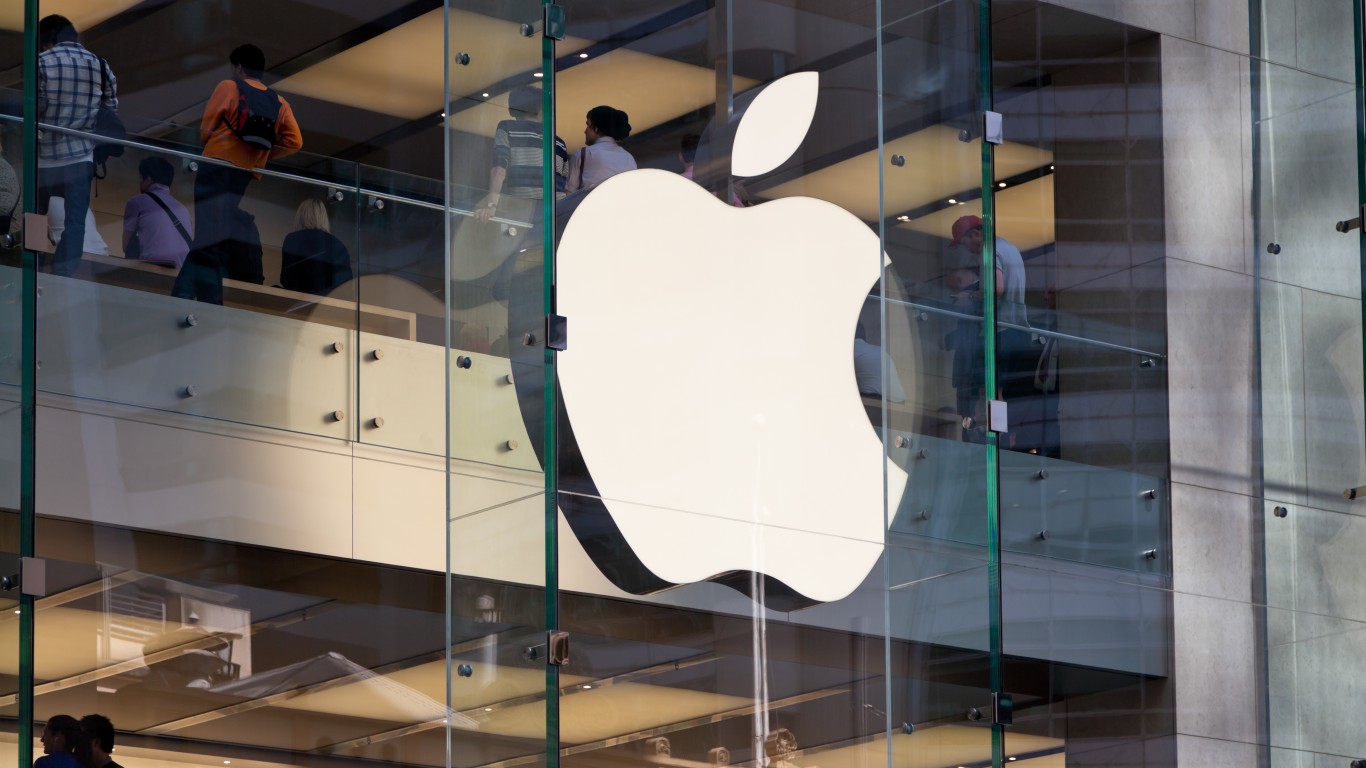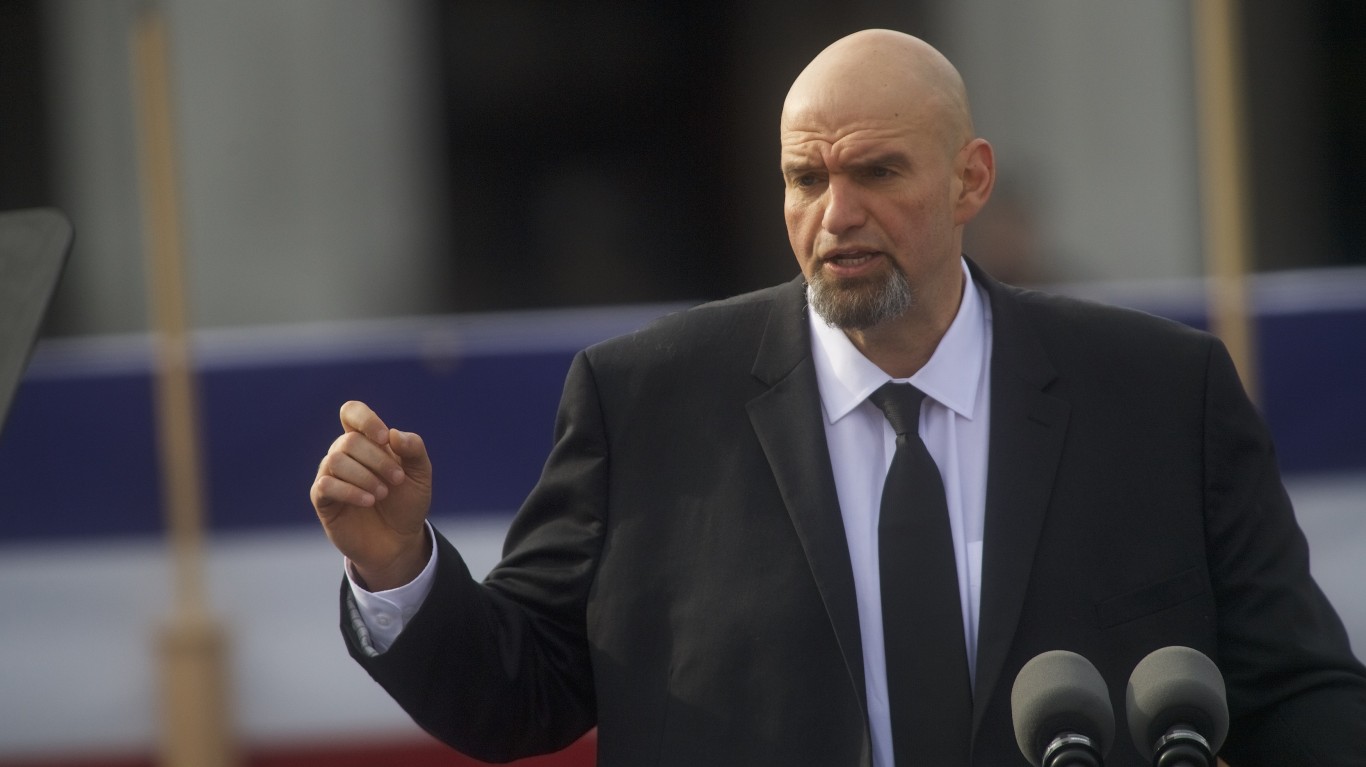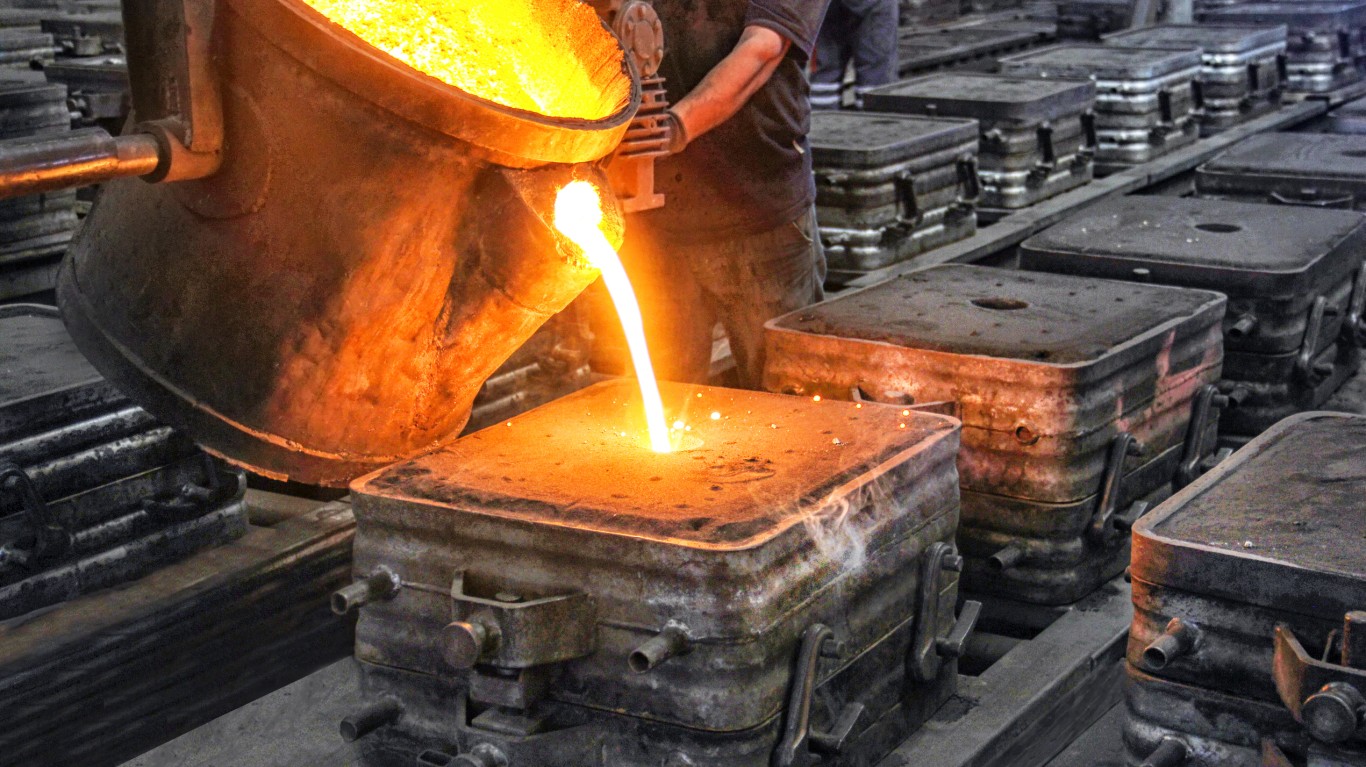Investing
Some Apple Watches Go Off the Shelf; Is US Steel the Next Pebble Beach?

Published:

The world’s most valuable company is removing one of its hottest products just as the holiday shopping season winds up. And speaking of shopping, will an iconic American steelmaker really be sold to a foreign buyer?

Apple Inc. (NASDAQ: AAPL) will remove its latest Apple Watch Series 9 and Ultra 2 devices from its online store on Thursday. On Sunday, Apple will remove the smartwatches from its retail stores. The company is beating a ban on sales of the new Watches set to begin on December 25. The SE model will remain available.
Apple lost a patent dispute with Masimo Corp. (NASDAQ: MASI), the company that developed the Watch’s blood oximetry technology. In a ruling last October, the International Trade Commission ruled that Apple infringed on two Masimo patents that use light sensors to measure a person’s blood oxygen levels. (Here are five reasons to avoid Apple products today.)
The ruling started the clock running on a 60-day review period during which the Biden administration may overrule the ITC’s ban on importing and selling the Watch. U.S. Trade Representative Katherine Tai is conducting the review.
Apple’s Watch business generated some $17 billion in revenue during the company’s 2023 fiscal year that ended in September. That’s about 4.4% of Apple’s total 2023 revenue of $383.3 billion.

Monday’s announcement of Nippon Steel’s $14.9 billion acquisition of United States Steel Corp. (NYSE: X) has raised objections from both ends of the U.S. political spectrum. Pennsylvania’s two Democratic senators, John Fetterman and Bob Casey, both oppose the sale. Ohio’s two senators, Democrat Sherrod Brown and Republican J.D. Vance, also oppose the deal.
Fetterman commented, “I am committed to doing anything I can do, using my platform and my position, to block this foreign sale.”
Vance echoed that statement, “I will do everything in my power to protect the future of our nation’s security, industry and workers.”
Casey said that U.S. Steel should “remain under American ownership” and vowed to oppose the sale.
Brown called the acquisition “an insult to the American steelworkers who build our country.”

The United Steel Workers union also opposes the deal. The union has a transferable right to counter any offer to buy U.S. Steel, and it is willing to give that right to Cleveland-Cliffs Inc. (NYSE: CLF). In August, Cliffs offered to acquire U.S. Steel for $7.25 billion, but the deal was rejected.
In a statement Monday, Cliffs CEO Lourenco Goncalves said his company would “now re-focus our capital allocation priorities towards more aggressive share buybacks under our existing share repurchase authorization.” It is clear that the union will get no help from Cliffs to scuttle the deal.
Investors in U.S. Steel can’t believe their good luck and are sure to vote in favor of the deal.

In 1990, a Japanese real estate developer acquired Pebble Beach and other golf courses on California’s Monterrey peninsula for $841 million. Two years later, he sold it to Lone Cypress Co., a firm owned by other Japanese firms, for $500 million.
Like U.S. Steel, Pebble Beach is an icon among American golf courses. Unlike most other championship courses, it is open to the public–the well-heeled public. In the 1990s, it cost around $300 to play a round of golf at Pebble. There was concern that the Japanese owners would take the course private.
A consortium led by golf legend Arnold Palmer, actor Clint Eastwood, and former Major League Baseball commissioner Peter Ueberroth paid $820 million in 1999 to buy Pebble Beach, three other golf courses, and two associated luxury hotels. The secretive group still owns the course, but now it costs north of $500 to play a round at Pebble.
Maybe in 10 years …
Want retirement to come a few years earlier than you’d planned? Or are you ready to retire now, but want an extra set of eyes on your finances?
Now you can speak with up to 3 financial experts in your area for FREE. By simply clicking here you can begin to match with financial professionals who can help you build your plan to retire early. And the best part? The first conversation with them is free.
Click here to match with up to 3 financial pros who would be excited to help you make financial decisions.
Have questions about retirement or personal finance? Email us at [email protected]!
By emailing your questions to 24/7 Wall St., you agree to have them published anonymously on a673b.bigscoots-temp.com.
By submitting your story, you understand and agree that we may use your story, or versions of it, in all media and platforms, including via third parties.
Thank you for reading! Have some feedback for us?
Contact the 24/7 Wall St. editorial team.